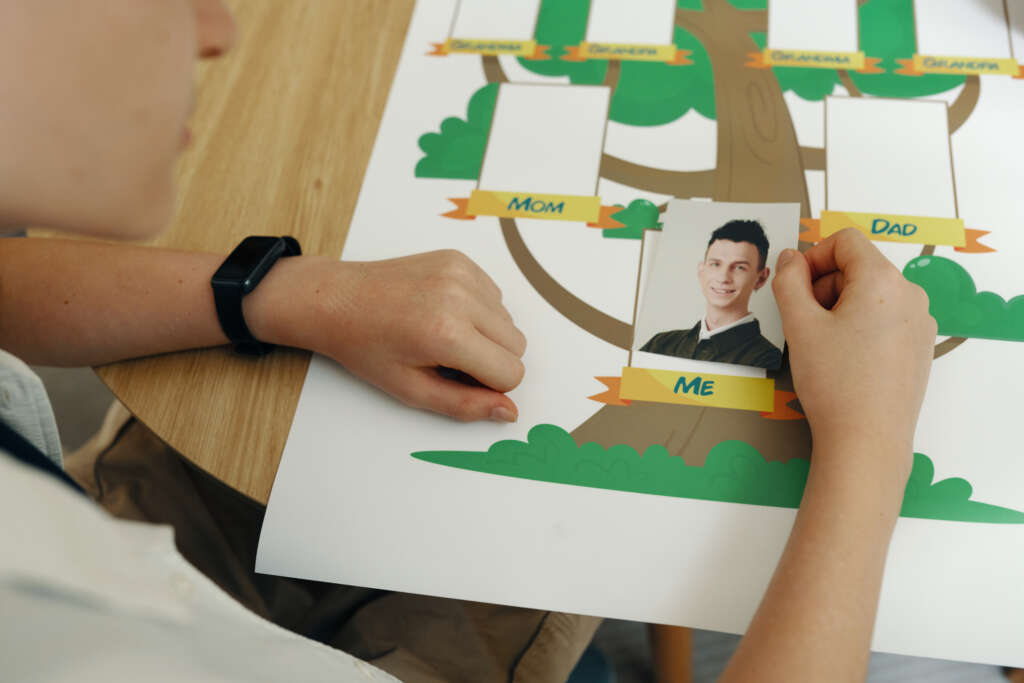Puberty isn’t just about physical changes – it’s an emotional rollercoaster that can leave both teens and parents feeling dizzy. Understanding the science behind these emotional changes can help parents respond empathetically and effectively, creating a more harmonious home environment during this challenging period.
The Science Behind Teen Emotions
During puberty, your teen’s brain undergoes significant rewiring. The emotional center (limbic system) develops faster than the rational thinking area (prefrontal cortex), creating what scientists call an “emotional gap.” This explains why your typically logical child might suddenly cry over seemingly minor issues.
Common Emotional Changes and How to Help
Mood Swings and Irritability

One day they’re on top of the world, the next they’re hiding in their room. These rapid mood changes are regular but can be overwhelming. Help your teen by:
- Creating a calm home environment
- Teaching healthy coping mechanisms like deep breathing or journaling
- Maintaining consistent routines
- Ensuring adequate sleep and nutrition
Anxiety and Self-Consciousness
Puberty often brings increased social awareness and self-consciousness. Your teen might become hyper-aware of their appearance, social status, and others’ opinions. Support them by:
- Validating their feelings without feeding into anxieties
- Sharing your own teenage experiences thoughtfully
- Helping them develop positive self-talk
- Encouraging activities that boost confidence
The Parent’s Role in Emotional Support
Your approach to your teen’s emotions can significantly impact their emotional development. Consider these strategies:
Active Listening Without Fixing
When your teen opens up, please resist the urge to solve their problems immediately. Instead:
- Use encouraging phrases like “Tell me more about that.”
- Reflect their feelings to them
- Ask open-ended questions
- Avoid dismissing their concerns as “just a phase.”
Creating Safe Spaces for Expression
Teens need healthy outlets for their emotions. Help by:
- Designating judgment-free zones in your home
- Encouraging creative expression through art, music, or writing
- Supporting physical activities that release emotional energy
- Maintaining open communication channels
When to Seek Additional Support
While emotional changes are expected during puberty, some signs might indicate a need for professional help:
- Persistent sadness or anxiety
- Significant changes in eating or sleeping patterns
- Social withdrawal
- Expressing hopelessness or worthlessness
Trust your parental instincts, and don’t hesitate to consult with healthcare providers when concerned.
Remember, your steady presence during this emotional phase provides an anchor your teen needs, even if they don’t show it. Stay patient, keep communication channels open, and maintain your emotional health to support your teen through these challenging years better.

